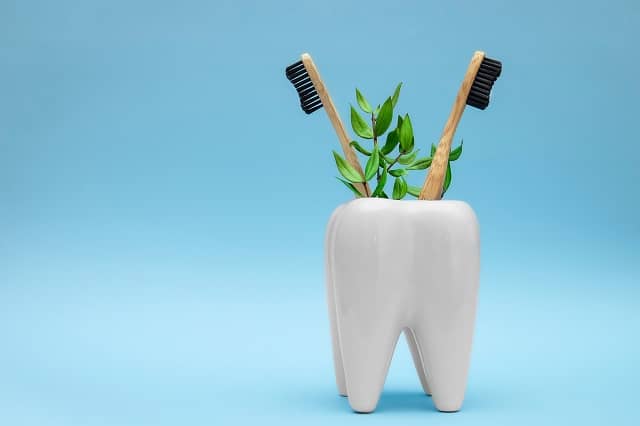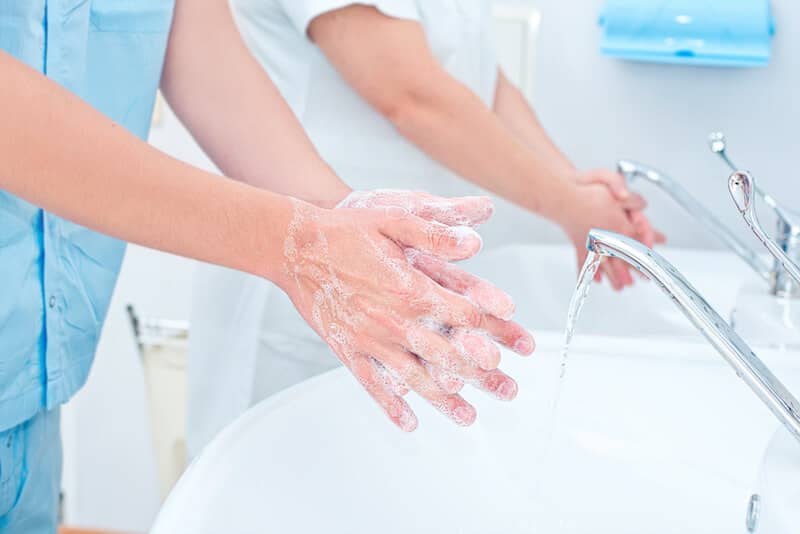Have you noticed a persistent dryness in your mouth that keeps you wanting to drink fluids more often and makes speaking, eating and swallowing more difficult? Along with these symptoms, you may also have bad breath, tooth decay, gingivitis, a burning sensation in your mouth or a change in your sense of taste.
These are signs of a condition known as dry mouth syndrome or xerostomia. It affects 10 to 30% of the Australian population and is considered to be one of the most common yet often overlooked oral health conditions. It is not a serious disease in itself but it could be a symptom of an underlying medical problem, which could impact one’s overall health and quality of life.
Dry Mouth – Its Symptoms and Causes
In a previous article, we talked about the importance of saliva to our body’s overall health. Saliva contains water and other essential substances that prevent tooth decay, gum diseases as well as bacterial, viral and fungal infections. It also helps with other important bodily functions including speech and digestion.
Dry mouth syndrome occurs when our salivary glands do not produce enough saliva in the mouth. Symptoms include:
- viscous and stringy saliva
- rough and dry tongue which tends to get stuck on the hard palate
- dry throat and cracked lips
- difficulty chewing or swallowing dry foods
- difficulty speaking
- burning sensation in the mouth
- sleep disturbance arising from the need to relieve parched mouth
- poor denture retention (saliva acts like a suction between the gum and acrylic denture and lack or absence of saliva results in loose dentures)
- diminished sense of taste
- bad breath
- mouth ulcers
- tooth decay
- gingivitis
Some of the most common causes include the following:
- Medications and illegal drug use (e.g. antihestamines, antidepressants, antipsychotic, anti-hypertensives, anti-inflammatories, sedatives and narcotics)
- Underlying medical conditions such as Sjögren’s syndrome, diabetes, lupus, kidney diseases, Alzheimer’s, stress, anxiety, depression, HIV/AIDS and oral thrush
- Cancer treatments including radiation and chemotherapy within the head and neck areas, which could damage the salivary glands
- Infection of the salivary glands (e.g. mumps) causing inflammation and reducing saliva production
- Dehydration
- Mouth-breathing out of habit or due to blocked sinuses, snoring and sleep apnoea
- Other causes such as hormonal changes from pregnancy or menopause, ageing and tobacco smoking
Home Remedy Tips for Prevention and Relief

In many cases dry mouth is a temporary condition and can be easily remedied. Here are some home care tips to prevent and relieve symptoms:
- stay hydrated by drinking plenty of water
- avoid dehydrating habits such as smoking tobacco and drinking too much alcohol, caffeinated coffee/tea and sugary drinks
- stimulate saliva production by chewing sugarless gum with Xylitol or sucking on sugar-free candies such as lonzenges and cough drops
- improve oral care hygiene by regularly brushing your teeth with fluoride toothpaste, flossing and using alcohol-free mouthwashes
- habitually breathe through your nose and avoid breathing through your mouth
- use natural oral lubricants such as olive oil, ginger and aloe vera
- take over-the-counter antimicrobial saliva substitutes
Seeking Professional Help
It is important to get a correct diagnosis to determine the cause of your dry mouth for proper care and treatment. So if your symptoms persist, seek immediate help from a GP or dental professional.
Your doctor will be able to assess the medications you are taking and adjust the dosage or prescribe an alternative, if safe to do so. Determining and addressing any underlying medical condition you may have will also eliminate or significantly improve mouth dryness.
Visit your dentist or oral health therapist if you are experiencing symptoms such as halitosis (bad breath), tooth decay, mouth ulcers, gingivitis and loose dentures resulting from xerostomia. Treatment of these symptoms is paramount to prevent further dental complications and tooth loss. Depending on your condition, your dentist or oral health therapist may prescribe a dietary change, improvement in oral hygiene practices and use of over-the-counter salivary substitutes.
Our amazing dental team at Coburg Hill Oral Care will help you with any questions you may have about dry mouth syndrome, prevention and treatment. Call us today on 9041 5301 to book an appointment.




